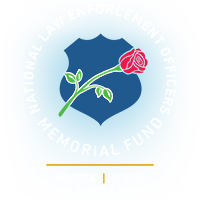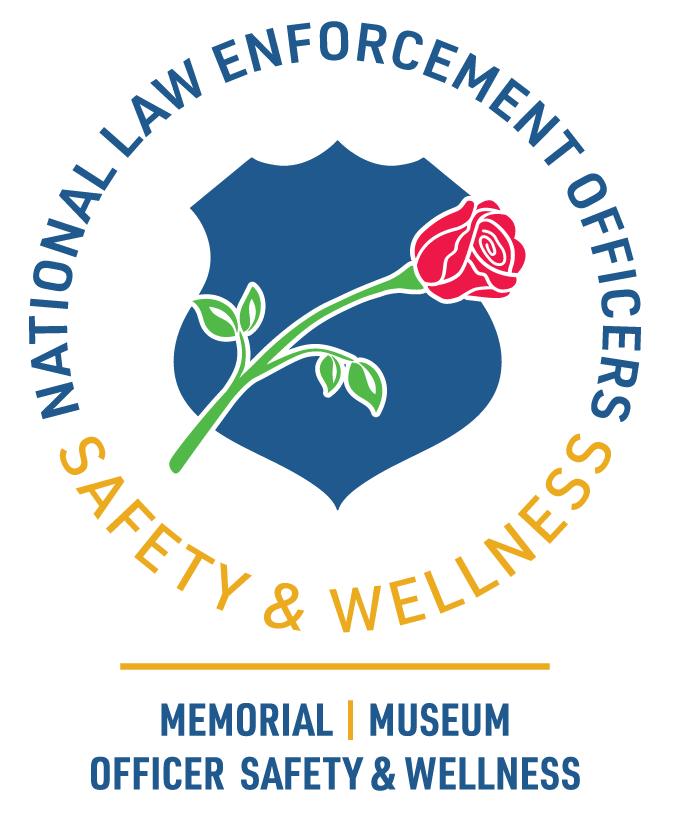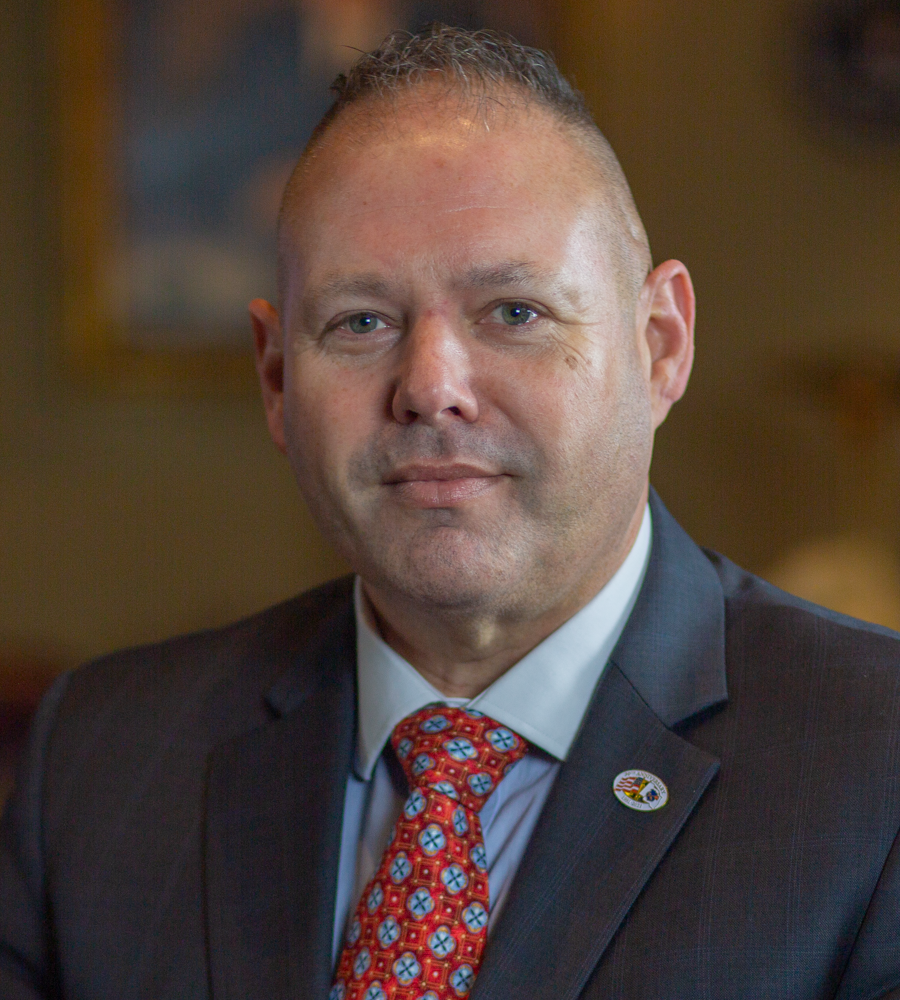April | 2023
Police are More Likely to Die by Suicide
Law Enforcement officers in the U.S. are more likely to die by suicide than by being killed in the line of duty. Let that sink in for a minute as we explore why this topic has reached epidemic numbers.
Making Difficult Decisions
Recently, I received a text message from an officer in a rural jurisdiction who was seeking professional advice regarding a co-worker, her supervisor, who had made a series of statements that caused her lingering concern. She acknowledged that the supervisor had initially made some shocking statements to gauge her reaction, but when she remained a supportive and compassionate listener, he eventually confessed that he was going to take his own life. The more information she offered me, the clearer it became to both of us that the situation required immediate intervention.
Her supervisor had passed suicidal ideation and had begun to formulate a plan. She knew exactly what she needed to do, but out of fear of exposing this supervisor to shame, she was more in favor of exploring every possible alternative. In the end, she accepted that she needed to make what the “West Point Way of Leadership” calls the “Harder Right” decision. She acknowledged that saving this colleague’s life superseded the potential for any embarrassment which could follow. She contacted her Chief and immediate intervention and support was put into place.
In short, she saved a life that day.
These scenarios happen far too often in our law enforcement communities. As a retired Director of the Trooper Wellness and Resilience Program and the creator and State Coordinator of STOPS (State Troopers Offering Peer Support), I’ve found myself in this position several times: trying to maintain a balance of confidentiality while simultaneously providing the support and resources necessary to preserve life. I would never say that this process is easy, but it is crucial.
What would you do?
As I write this, I imagine that many of you have been confronted with similar situations, based on national statistics. What did you do? How successful were your efforts? Did you save a life, or did you sit on the information that was presented out of concern for “blowing up” an officer’s career? This is a topic that, if not approached with swift and decisive critical decision making, could have a painful and tragic ending.
Lessons Learned
I often reflect on a conversation that I had with a Vietnam veteran during a reception held in commemoration of my Army unit following our return from the Middle East in support of Operation Desert Shield/Storm. When I asked him why so many Vietnam veterans had assembled to shake hands and join the well-wishers, he smiled and said, “We know too much to get it wrong this time.” We are in a similar period in the history of law enforcement where we do, in fact, know too much to get it wrong this time.
Finding Solutions Together
At the National Law Enforcement Officers Memorial Fund, we take tremendous pride in our work. Our National Law Enforcement Museum tells the story of American law enforcement in a manner designed to respect, educate, and inspire generations to come. Our team endeavors to collect privileged data surrounding how our nation’s law enforcement officers are killed and release that information in comprehensive reports biannually. The names of our fallen officers are then etched permanently onto the Memorial walls where they are maintained with the reverence and honor that they have earned. And, finally, our Officer Safety and Wellness (OSW) department pulls together information to offer solutions: solutions specifically designed to meet our mission of making it safer for those who serve and to keep names off the Memorial walls.
What about your agency?
If you are involved in the law enforcement vocation and have read this far, I’ll make the presumption that you likely fall into one, or both, of the following categories.
- Your agency has experienced an officer suicide within your ranks, or
- Your agency is taking proactive steps to identify and prevent officer suicide.
Either way, there are now limitless volumes of training, policies, resources, and information available to you. Know that you and your agency are not alone on an island with the work ahead. The work is ongoing, and our organization stands ready and committed to support yours on this journey.
Programs in Place
One program in our OSW library of offerings for you is the SAFLEO (Suicide Awareness For Law Enforcement Officers) Program. Through our longstanding relationship with the Bureau of Justice Assistance (BJA), U.S. Department of Justice (DOJ), and the Institute for Intergovernmental Research (IIR), we work collaboratively to promote awareness of this difficult topic, not through avoidance or denial, but by:
- educating our rank-and-file officers and administrators about changing the culture,
- recognizing warning signs, resources available, the collateral damage experienced by agencies affected by suicide, and
- the inherent benefits of employing sound protocol and policy surrounding law enforcement suicide education.
This is accomplished through presentations and representation at national conferences, educational classroom settings, webinars, podcasts, and technical assistance briefings. The major focuses and resources addressed through SAFLEO surround identifying and eliminated pervasive stigma within the ranks, addressing the concern of shame, Critical Incident Stress Management (CISM), creating a supportive environment within your agency, and offering positive coping tools. The mission of this remarkable program is to bring further awareness to this topic, provide the tools needed to combat it, provide pre-incident education, and to offer resources to support officers in crisis. You can learn more and find useful information about this program at the SAFLEO section of NLEOMF.org.
Helping the helper
If you are in law enforcement today, whether you’ve been on the job for 25 days or 25 years, practice good self-care. Be mindful that you must invest in your mind, body, and spirit. This is a balance that takes work, but this investment will pay off more than your pension or 401k. And if you ever find yourself in a position of crisis, remind yourself that you are never alone. It takes more courage to reach out for help than to suffer in silence.
- Utilize your agency’s peer support program
- reach out to your Employee Assistance Program (EAP),
- visit your department chaplain,
- call your mental health provider, or
- seek out a trusted coworker.
And if you aren’t in crisis, take these same steps today anyway. Exposure to repeated trauma and stress takes a toll on every one of us—no one is immune. And it’s not just the acute stress events that make an impact, it’s the cumulative experience as well. You took an oath of office to protect your communities; don’t neglect what you owe yourself.
Afterall, we know too much to get it wrong this time.
Be well,
Troy S. Anderson
Executive Director, Officer Safety and Wellness
National Law Enforcement Officers Memorial Fund



